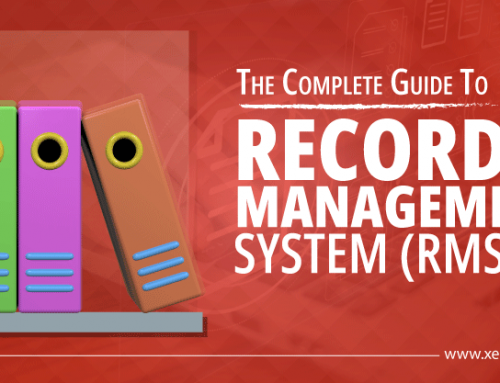So Ramadan has started and as we all observe and respect the rules and traditions associated with the Holy Month whilst trying to continue with ‘business as usual’, we wanted to remind our followers of the basic etiquette for doing business at this time.
The basics
The first step towards being culturally sensitive during Ramadan is understanding the basic requirements of this religious period. Muslims observe the five pillars of Islam, and one of these pillars is fasting. They believe that they will be greatly rewarded for following the 30-day fasting period of Ramadan. During this time of fasting, devotees are required to fast for up to 18 hours a day: from sunrise to sunset. Fasting means not taking part in anything by mouth, including food, drink, gum, or cigarette smoke.
Fasting can have dramatic effects on the mind and body. It is no easy task and is meant to teach practicing Muslims self-control and patience. Abstaining from food and drink for extended periods of time is tough, and many practicing Muslims do everything they can to avoid any situation that may provoke them into breaking their fast.
What does this mean for business?
It is necessary that, as a non-Muslim, you understand that this period of fasting can impact the speed at which business is done. It is advised that you stay away from any pushy sales tactics during this period, as it may further annoy already irritable participants in this fasting period.
Being social
Obviously, you are not required to participate in Ramadan traditions yourself if you are not Muslim. You do need to abstain from eating, drinking, or smoking when you are in the presence of Muslims who are fasting, however. As we know, by law, the business day is shortened and is mostly slow-moving during Ramadan, but that does not mean business stops. In fact, Iftar (the breaking of the fast) offers many opportunities for business networking. While some Muslims stay away from any social or business gatherings during Ramadan, many are at their most social at this time of year, choosing to use their evenings to enjoy time with friends, family, colleagues, and business contacts.
Know How to Conduct Yourself
We don’t want to teach you to suck eggs; we’re all aware of the cultural sensitivities in the country we do business in. However, it’s worth remembering that things are even more sensitive at this time of year. Be careful about the clothes you wear to meetings, keep shoulders and knees covered, and ladies, don’t be the first to offer your hand when meeting Muslim men as they may be avoiding contact with women during this time. Wait, and if a hand is offered, then it’s fine to take it.
Know the Law
The laws around the region vary from country to country. As we know, in the UAE, workdays are reduced by two hours during Ramadan. In Qatar, the maximum number of work hours during a week during Ramadan is 36, with no more than six hours per day. These laws apply to both Muslim and non-Muslim employees in these countries.
Think beyond fasting
Finally, remember that fasting is not the only requirement during Ramadan. Offices have been known to shut down for half an hour at a time, five times a day for the required prayer cycles.
Remember these key elements, and you’ll ensure to maintain a professional and respectful business image and strong relationships.
Ramadan Kareem from the Xeratek team!





